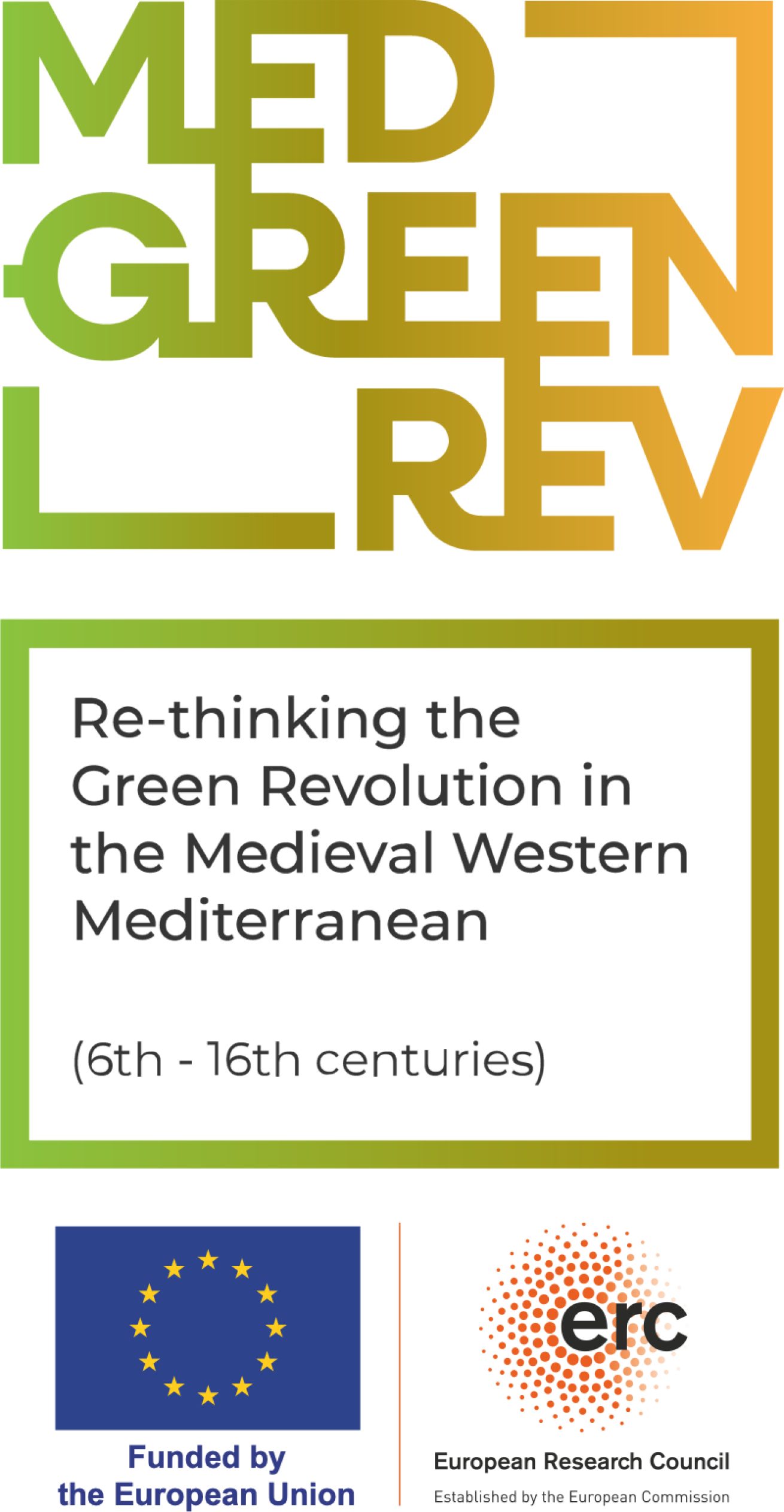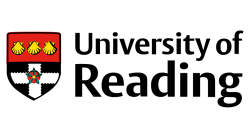As Mediterranean societies prepare for the impacts of climate change over the next few decades, a case study to inform their future resilience is associated with one of the defining events in world history: the emergence of Islam in the 7th century, the subsequent Arab and Berber conquests of the southern and western Mediterranean, their associated population movements and the environmental adaptations that enabled these new societies to flourish.
The introduction of new forms of agriculture that transformed the economies of the conquered regions has been previously framed as the “Green Revolution”. Moving beyond the limited focus of earlier research, with its restricted spatial and chronological scope, this project will adopt an integrated ecological approach, encompassing plants, animals and soils, from production through to consumption, and compare the impact and legacy of environmental transformations associated with long-term societal change in the western Mediterranean (Iberian peninsula and Morocco), beyond the initial Arab/Berber conquests.
Adopting a broader chronological span, from the century before the conquests through to the century after the dissolution of the last Islamic polity in the Iberian peninsula, the transition from Islamic to Christian regimes in the Iberian peninsula will be compared, for the first time, with the persistence of Islamic polities in northwest Africa, against the backdrop of climatic fluctuations. This will enable relationships between environmental transformations and sequences of political and demographic change to be effectively contextualised.
The synergy between our groups will combine regional specialisms with a wealth of scientific expertise, enabling us to conduct the first long-term and interregional study of how conquest, migration and encounters with resident populations and landscapes drove environmental transformation in the western Mediterranean during this formative period in world history.




